B-Stock product, (read below) in excellent condition with original packaging, 2 year warranty.
Sonnet Digital Audio MQA Module
MQA Optional module for Sonnet Morpheus DAC
The MQA module is available as an option and will be recognized as soon the module is installed in its socket. The module includes MQA technology, which enables you to play back MQA audio files and streams, delivering the sound of the original master recording. ‘MQA’ or ‘MQA Studio’ indicates that the product is decoding and playing an MQA stream or file, and denotes provenance to ensure that the sound is identical to that of the source material. ‘MQA Studio’ indicates it is playing an MQA Studio file, which has either been approved in the studio by the artist/producer or has been verified by the copyright owner.
Visit mqa.co.uk for more information. MQA and the Sound Wave Device are registered trade marks of MQA Limited.© 2016
You may think that Sonnet Digital Audio is a new name in the world of the true Hi-Fidelity and the digital technology, but it is only partially so. For sure, Sonnet it is a new brand, but it includes all the previously built-up know-how in Metrum Acoustics, with the most recent technological/product optimizations developed since mid-2018, when Cees Ruijtemberg left Metrum Acoustics to start Sonnet Digital Audio.
Who is Cees Ruijtemberg (Ed.)
Cees Ruijtenberg is the Dutch digital genius. After founded and developed Metrum Acoustics and after having produced some of the best DAC available today at extremely competitive prices, gifted with the most complete, balanced and deeply natural sound, today Cees presents with the top DAC Sonnet Morpheus the design of a further refined Metrum Pavane Level 3. You can hear the difference.
And not only: other device is being designed and built, and within the others, today available, the exceptional "Hermes" digital streamer.
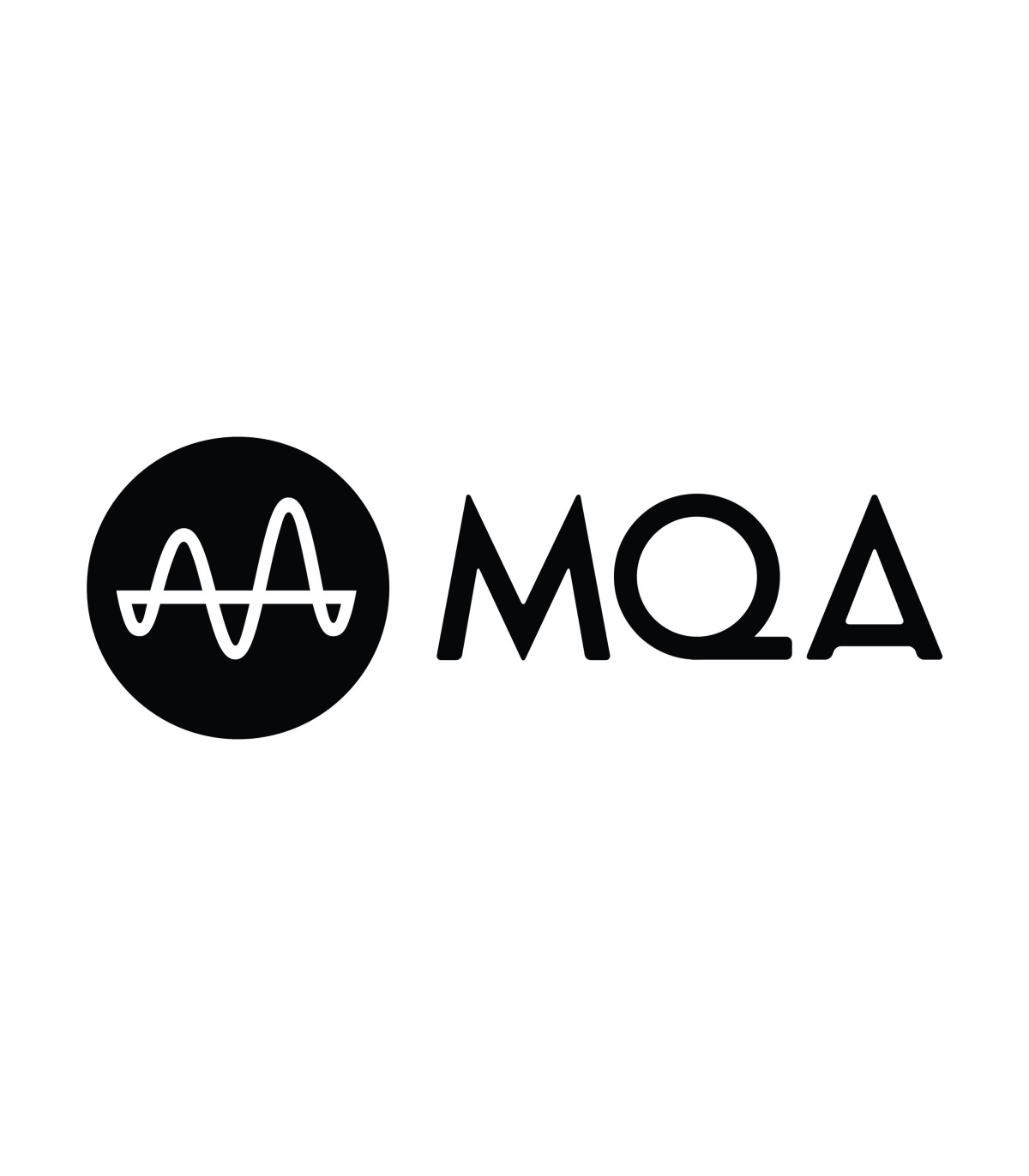








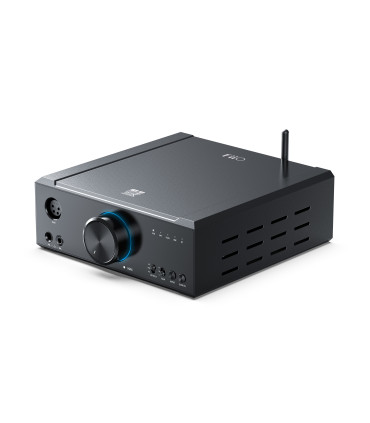

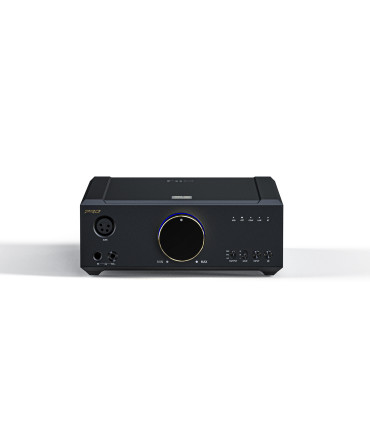
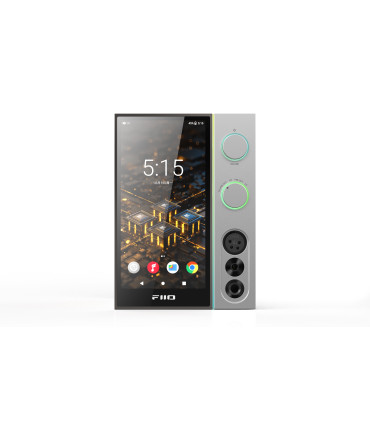

![Topping MX5 Amplifier Merus MA12070 Class D NFCA XMOS Bluetooth aptX HD [b-Stock]](https://www.playstereo.com/19456-home_default/topping-mx5-amplifier-merus-ma12070-class-d-nfca-xmos-bluetooth-aptx-hd-b-stock-.jpg)
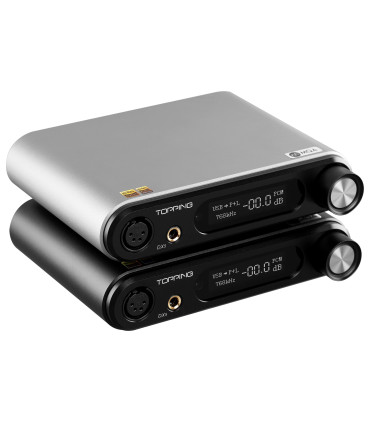
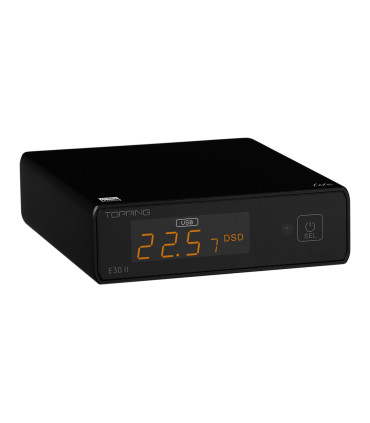

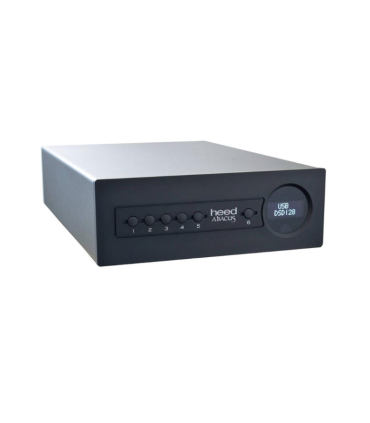
![Heed Abacus S DAC Digital to Analogue Converter [ex-demo]](https://www.playstereo.com/23380-home_default/heed-abacus-s-dac-ex-demo-.jpg)
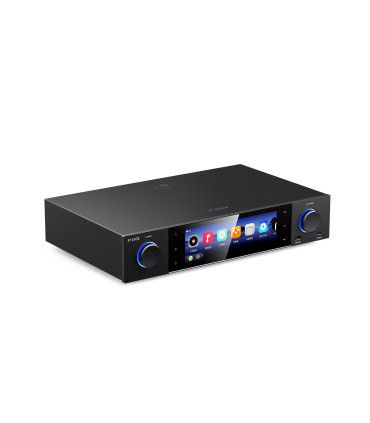
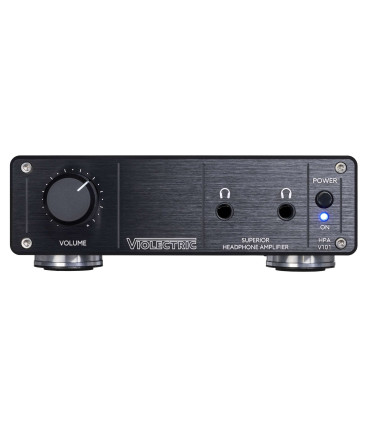
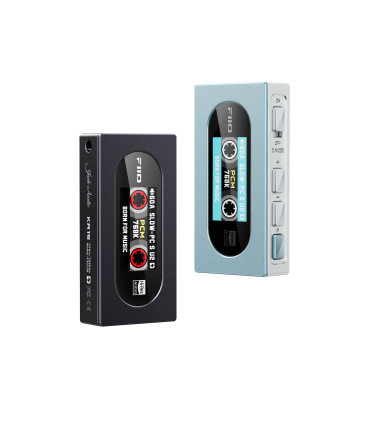
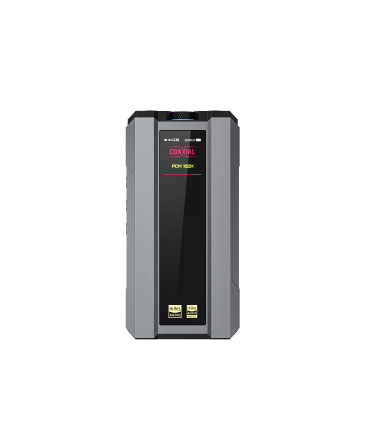
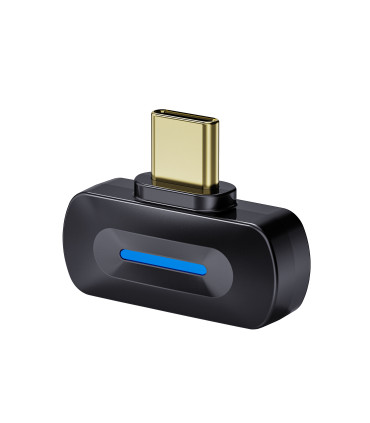
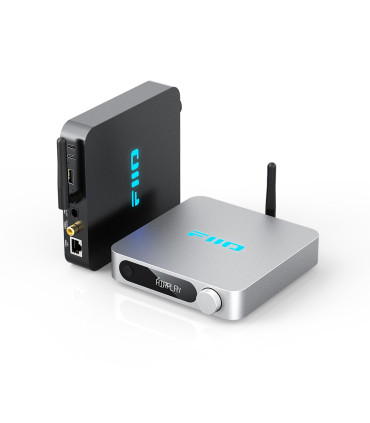


















Leave a review